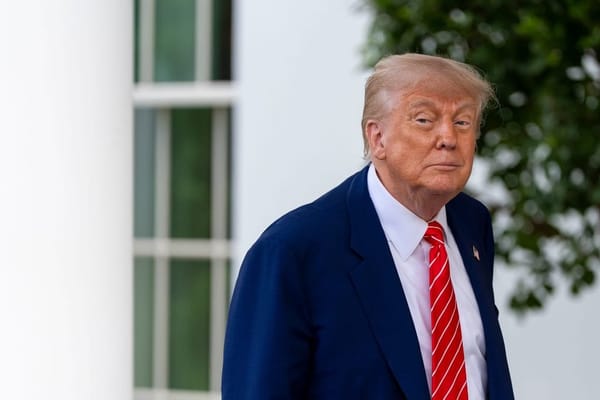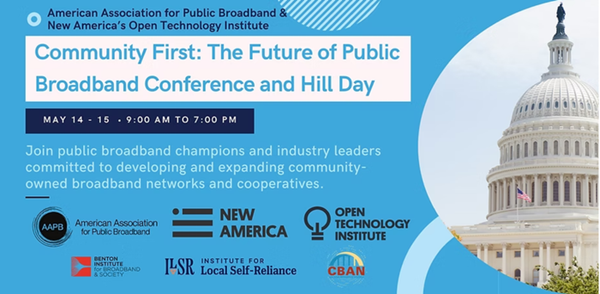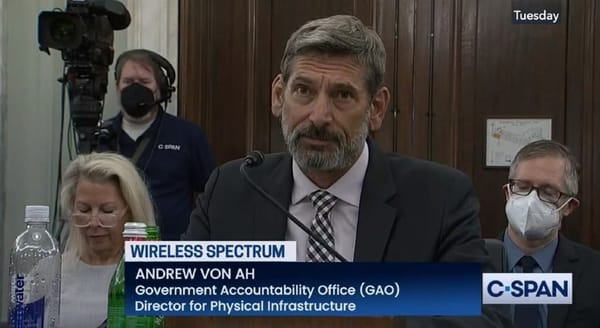Uncertainty Follows After Trump Targets Digital Equity Programs
The Infrastructure Act provided $2.75 billion in digital equity funding.
Jake Neenan

WASHINGTON, May 9, 2025 – President Donald Trump posted on social media Thursday that $2.75 billion in digital equity funding was “unconstitutional” and that he was ending it “immediately.” It created some confusion and frustration for participants in the program.
Angela Siefer, executive director of the National Digital Inclusion Alliance, said Friday on the Institute for Local Self-Reliance’s Broadband Bits podcast that grant winners had yet to hear anything from the National Telecommunications and Information Administration directly.
“We really don't know anything other than the social media post from President Trump,” she said. “So I suspect folks over at NTIA are figuring out what they're going to do with this statement.”
Siefer said four of the grant winners, including NDIA, had contracts, but only one had full access to funding and two others had partial access. NDIA does not have access to its funds, she said.
The NTIA did not immediately respond to a request for comment.
“It's painful not only for the digital inclusion programs that were assuming these funds would be there for them to extend their work, but for the actual people who were going to be supported by those dollars,” Siefer said.
The Digital Equity Act, part of the Infrastructure Act, set aside $2.75 billion for efforts aimed at tackling barriers to broadband adoption that persist after infrastructure is deployed, like expensive devices or an unfamiliarity with digital services.
That was split into three programs, an already-disbursed $60 million program for states to develop digital equity plans, a $1.44 billion program for state-run programs, and a $1.25 billion program for non-profits and other entities.
The NTIA recommended $619 million in awards from the third program, called the Digital Equity Competitive Grant Program, earlier this year. It has also awarded more than $500 to states from the second program, called the Digital Equity Capacity Grant Program. States have been running their own programs or in some cases have been taking applications for subgrants with their allocations.
As of Friday, states had also not been given specific guidance from NTIA, according to people familiar with the matter.
Rep. Doris Matsui, D-Calif., said in a statement it would be illegal to outright block programs that were stood up in federal law.
“President Trump is once again launching an illegal, unilateral attack on the most underserved Americans – this time by trying to block Congressionally directed funding meant to invest in communities and build a better future,” she said. “Especially in our rural areas, millions of Americans continue to lack access to the resources and skills they need to capitalize on an increasingly digital world.”
Sen. Ted Cruz, R-Texas, had called on the NTIA to pause the competitive grant program last year, arguing it engaged in “impermissible race-based discrimination” by funding efforts to get racial minorities, among other groups, online.
The law standing up the programs called for addressing broadband adoption gaps among various populations, including racial minorities.
“I am glad that President Trump and his team will finally be putting an end to this impermissible discrimination,” Cruz posted on X Thursday. “I look forward to continuing to work with Secretary Lutnick and President Trump on policies that will allow us to connect more Americans to high-speed internet without discriminating against people on the basis of skin color.”










